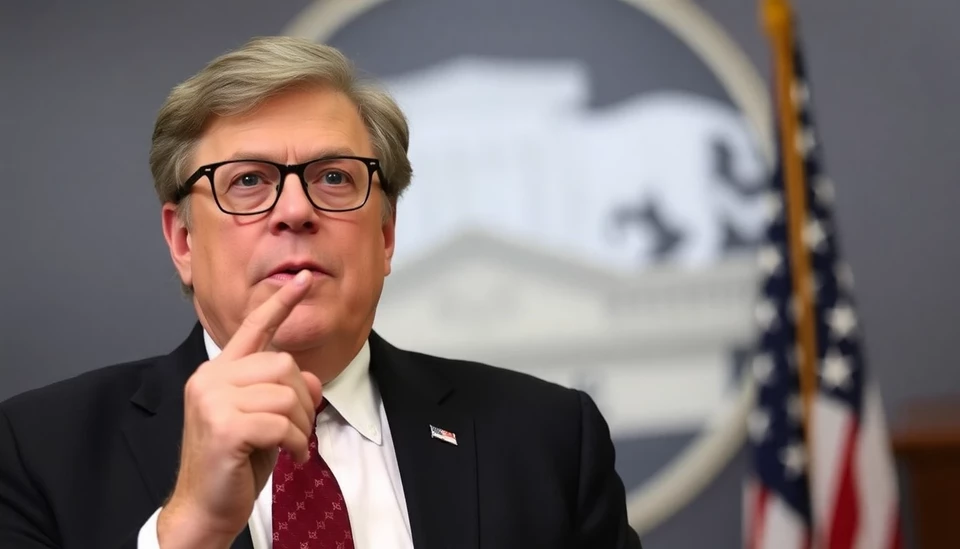
In a surprising turn of events, former U.S. Attorney General Bill Barr has reportedly chosen to step back from any legal battles for the position of Federal Reserve Chair, even though he believed he could have won such a contest. This decision highlights Barr's ongoing commitment to avoiding contentious political confrontations, particularly in the wake of years spent in the public eye during the Trump administration.
Sources close to Barr indicate that he felt the job of Fed Chair, which plays a crucial role in shaping the country's monetary policy amid rising inflation and economic uncertainty, was not worth the potential strife that could accompany the process of appointment and subsequent confirmation. The former Attorney General, known for his controversial decisions around issues like the Mueller investigation, has now opted for a quieter life, distancing himself from the political fray.
Though Barr has significant experience and insights into the economic realm, particularly during his tenure in the Trump administration, he is reportedly not interested in rekindling the level of turmoil that often accompanies high-stakes political appointments. As the economy navigates tumultuous waters with inflation hovering at record highs and interest rates being continuously adjusted, the role of the Fed Chair has become increasingly consequential.
Barr's decision may also reflect a broader trend among former high-profile public officials who are choosing to eschew contentious roles in favor of focusing on private-sector opportunities or consultancy roles that allow for greater discretion and less public scrutiny. This choice signals a strategic retreat from the high-stress environment of federal appointments, particularly for those who have experienced the heightened scrutiny of their actions while in office.
The Federal Reserve’s decisions are critical in shaping the economic landscape of the nation, especially as it seeks to control inflation while fostering job growth. Barr stepping aside from the appointment process leaves room for other candidates who may be eying the position, possibly steering the focus away from politically polarizing figures and leaning toward those with solid economic backgrounds devoid of significant political baggage.
As Barr continues to navigate the complexities of his post-public service life, many will be watching to see what roles he might take on next, as well as how this decision affects the broader political landscape concerning economic policy moving forward.
His choice not to engage in a potentially fraught battle for a position as pivotal as the Federal Reserve Chair illustrates a conscious decision to avoid the drama synonymous with Washington politics and maintain a semblance of normalcy during turbulent economic times.
While the identity of the next Fed Chair remains uncertain, Barr's clear intention to maintain distance from such intense political campaigning reflects both the challenges of the role and the current political climate, which has increasingly become polarized and combative.
#BillBarr #FederalReserve #Economy #MonetaryPolicy #PoliticalDecisions #PostPublicService
Author: Rachel Greene




